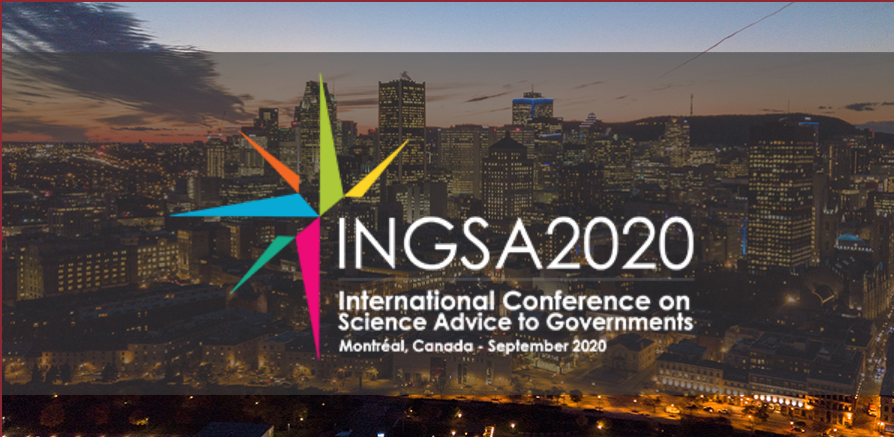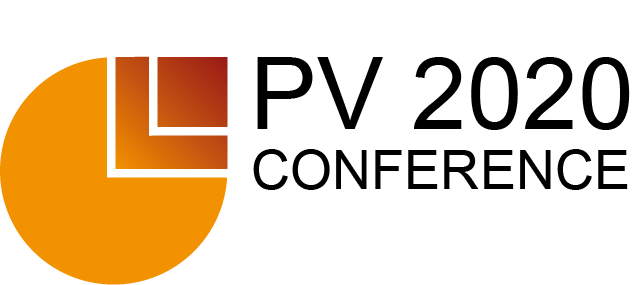Conference Announcements
2020 is just around the corner. Not only will this mark the start of an exciting new decade, it heralds a time of great change as citizens and their governments manage and adapt to a complex array of current and emerging challenges.
INGSA is proud to be hosting its 4th International Conference in Montréal Canada, to continue to interrogate and inform the critical (and contested) intersections between evidence, policy, and society.
Under the conference theme of Evidence in Context – Expanding the Dialogue, INGSA2020 will convene policymakers, politicians, academics, and science advice practitioners from all over the world.
We are excited to be able to announce our line-up of keynote speakers, to open pre-registration for the conference, and to give the members of the INGSA network their chance to suggest sessions and satellites for the meeting. All this information below!

Introducing our Keynote Speakers
- Her Excellency the Right Honorable Julie Payette
- The Governor General of Canada
- Her Excellency Aminata Touré
- President of the Economic, Social and Environmental Council of Senegal, former Prime Minister of Senegal
- His Excellency Cheick Modibo Diarra
- Chair of the Africa Legal Network and former Prime Minister of Mali
- Prof Naomi Oreskes
- Professor, History of Science at Harvard University
- Sir Patrick Vallance
- Chief Scientific Adviser to the Government of the UK
- Dr Soumya Swaminathan
- Inaugural Chief Scientist of the World Health Organization
- Prof Daya Reddy
- President of the International Science Council
 Suggest a Session or Satellite – Get Involved
Suggest a Session or Satellite – Get Involved
For more info, or to download the application templates, see the Get Involved page.
 Pre-Registrations Open Now!
Pre-Registrations Open Now!
Did you know that INGSA doesn’t charge conference registration fees?
If you would like to attend INGSA2020, fill out the pre-registration form now to receive more information as it is released.
 Conference Website Now Live
Conference Website Now Live
The INGSA2020 official conference website is now live and will continue to be updated with information for delegates.
See it now for more information and to register.










